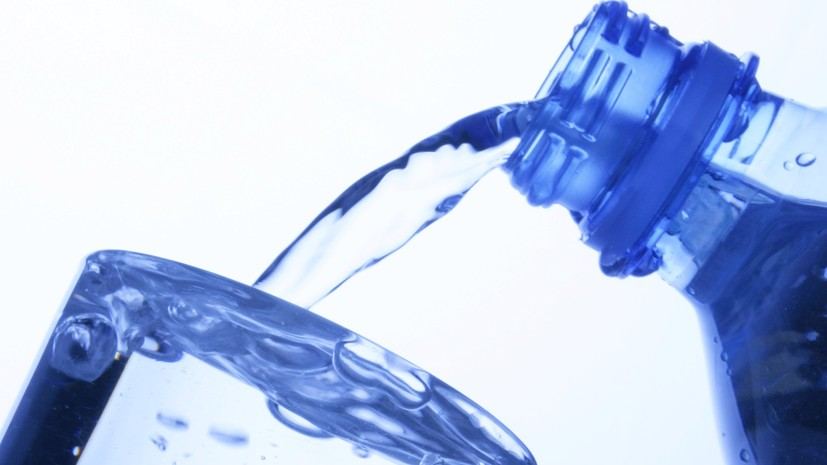According to the expert, excessive fluid intake helps to increase protein breakdown and wash out the necessary vitamins and minerals from the body. In addition, it causes an overload of the cardiovascular and urinary systems.
The average water requirement of the body is 2.5 liters per day, said Pogozheva. At the same time, the body receives 1 liter of water from food products, and another 1-1.5 liters in the form of free liquid, such as tea, milk and soups.
The expert said that to quench thirst, it is important not only the amount of liquid, but also its taste. For example, sour drinks (fruit drinks, fruit broth, kvass, green tea) stimulate salivation and reduce thirst.
"These drinks, as well as coffee, cocoa, black tea and others are included in the diet in the form of the so-called free liquid, which is not contained in solid foods and should be 1500-2000 ml (that is, six to eight glasses) per day," - clarified Pogozheva.
The expert added that throughout the life of a person, the proportion of water in his body fluctuates: in a baby, it is about 75%, and in an elderly person - 55%.
Earlier, the endocrinologist told how the diet and biologically active additives can cause the body.

